Training centre for federal police at sea
After four years of planning and construction and an investment of eleven million euros, the Federal Maritime Police have put a new training centre into operation in Bad Bramstedt. Commanders and junior nautical officers can now train on four virtual ship bridges and experience all weather, current and maritime traffic situations realistically. The first training courses have been using the new facility since October. It is also possible to train the approaching and setting down of police forces on moving ships at sea and the landing of a helicopter on the deck of one of the large Potsdam-class rescue ships. The four ship bridges of the training centre can be interconnected in order to demonstrate the handling of...
Weiterlesen

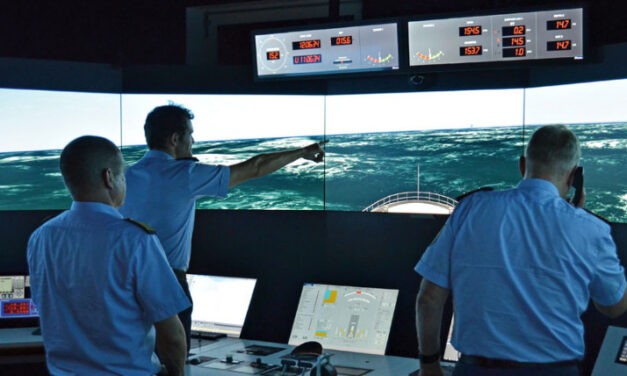
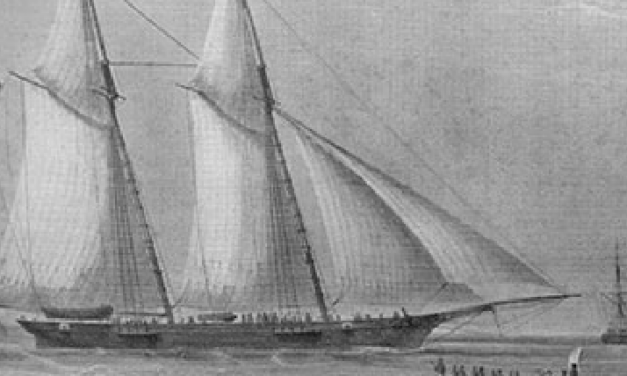
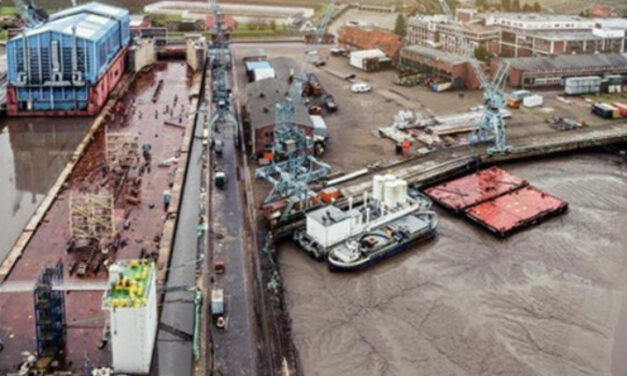
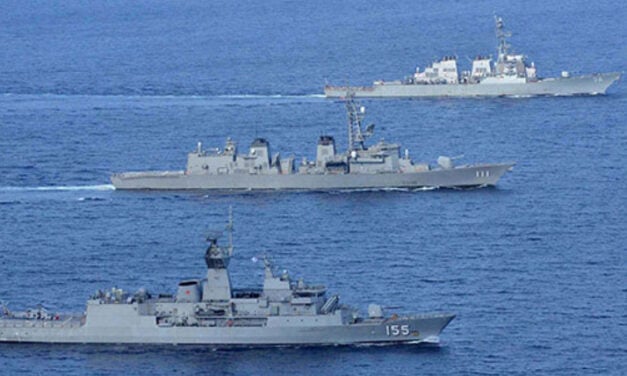
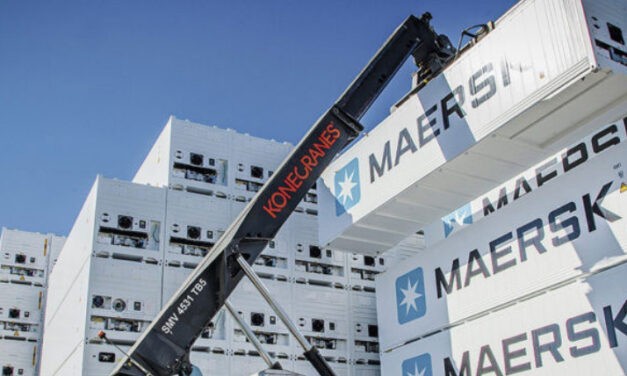
Latest comments